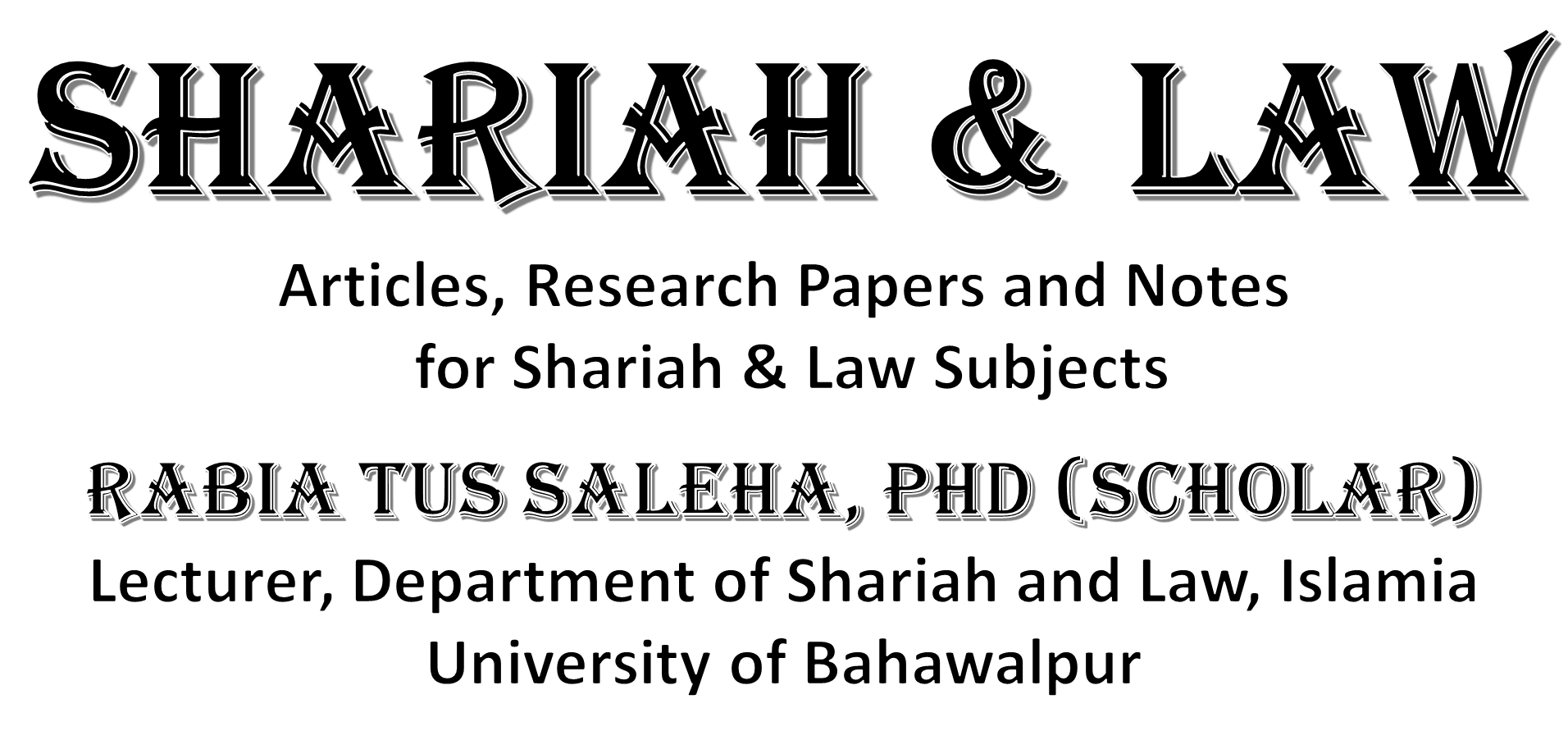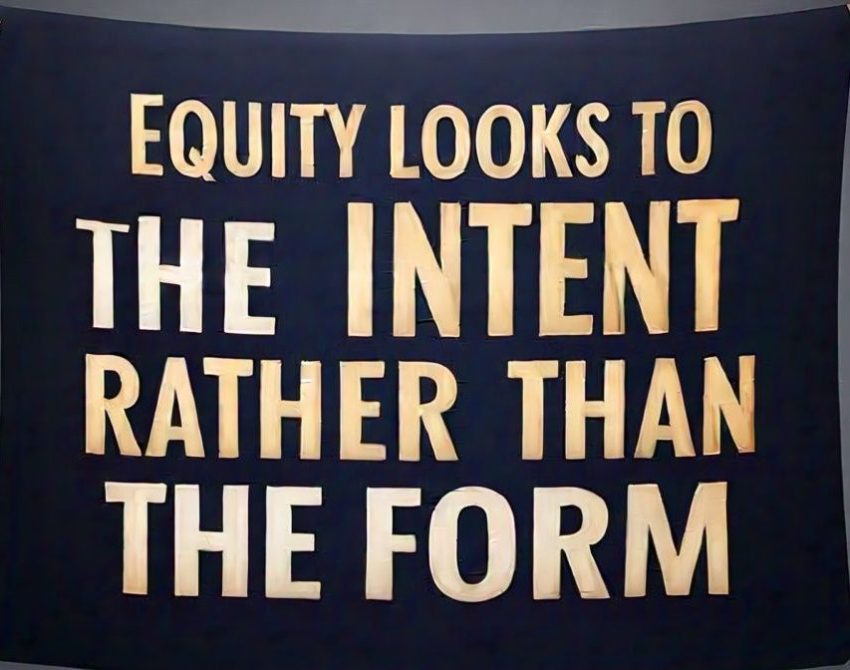Maxim: 9. Equity looks to the intent rather than to the form.
This maxim “Equity looks to the intent rather than to the form” elaborates that equity looks to the intention and spirit rather than the words and letters.
Application:
- Equity looks to the intention and spirit of the contract and parties.
- Equity does not look to the letters and words of the contract and parties.
- Equity regards that if the form of the contract is insisted rather than form, then the substance of the equitable claim will be defeated.
Examples:
If a party to a contract for the sale of land fails to complete the contract on the day fixed for completion:
- at law, he is in breach of his contract.
- at equity, it is sufficient if he is ready to complete the contract within a reasonable period.
This maxim governs precatory words, mortgages, penalties, and forfeitures.
-
Penalties and Forfeitures:
The common law required a rigid performance of all stipulations according to the words of the contract. When a contract provided for a penalty or forfeiture, in case of a breach, the Common Law Courts imposed that penalty or forfeiture, regardless of the actual damage suffered by the party in default.
While, under the equity, penalties, and forfeiture are found to have been stipulated as a security for the repayment of money, or the performance of some act, or the enjoyment of some right. Then repayment of money, or the performance of the act, or the enjoyment of the right will be deemed to be the principal intent, and the penalty or the forfeiture merely accessory. And, if actual damage suffered by the creditor can be adequately compensated in money, the court of equity will relieve the penalty or the forfeiture partly or wholly as the case may be.
-
Mortgages:
The doctrine of redemption is a gift of equity to the mortgages. Where the debt was the substantial thing and the conveyance of immovable property was meant as a security for the repayment of mortgage money. The court of equity declared that the mortgagor had the equity to redeem the property by paying back all loans. This right of equity could terminate only on an order for foreclosure by the Court or by the lapse of time prescribed by the Statute of Limitation.
-
Effect of Seal:
In certain cases, equity treated the presence of a seal as of low consequence and as producing no effect on the rights and duties of the parties.
-
Precatory trusts:
When trust is created not by express and clear words but by words of request, such as, “I desire, I hope, I hope and doubt not”, equity regards them as a species of express trust and not implied trust under this maxim.
Pakistani law:
The maxim, equity looks to the intent rather than to the form, which is also applicable in certain cases in Pakistan.
The Contract Act 1872:
Section 74 provides relief against penalties.
The Transfer of Property Act:
Sections 114 and 114-A relieve the lessees from non-payment of rent etc. against forfeitures.


2 thoughts on “9. Equity looks to the intent rather than to the form.”